Blog
Can an Employer Ask What My Disability Is?
Both the federal government and California’s state employment laws provide substantial protections for California employees, including those with protected characteristics such as race, gender, age, and disability. The Americans with Disabilities Act (ADA) and the California Fair Employment and Housing Act (FEHA) help ensure that those with disabilities have equal opportunities for employment by prohibiting employers from intentionally disregarding those with disabilities during the hiring process or discriminating against them in the workplace.
What Does California Employment Law Say About Job Applicants With Disabilities?
California’s Department of Fair Employment and Housing states the following:
“An employer may not require any medical or psychological examination or make any inquiry of an employee, or inquire whether an employee has a mental or physical disability or medical condition or inquire into the severity of the disability or condition.”
An employer’s direct or indirect questions intended to discern a prospective employee’s type of disability are unlawful.
What an Employer Can and Cannot Ask?
When a person with disabilities can perform the tasks required of them in a job position, the employer cannot choose not to hire them because of their disability. Doing so violates federal and state laws. Employers are limited in what they may or may not ask prospective employees during the job application and interview process.
Under the limits of the law, an employer cannot ask questions such as:
- “Are you disabled?” or “Do you have a disability?”
- “What type of disability do you have?” or “What is the nature of your disability?”
- “How severe is your disability?”
- “Have you previously left a job position due to disability?”
An employer cannot base hiring decisions on their perception of whether or not the applicant has a disability.
An employer can ask an applicant about their ability to accomplish the tasks required of the job position. Employers have rights too under California law, including knowing whether or not a job applicant can perform their duties. The employer may ask only about the applicant’s specific ability to perform a task, and not about their overall abilities or limitations.
Once an employee is hired into a position, an employer may then ask about a disability only in the context of their ability to perform a specific job-required task or so they can provide reasonable accommodation. If you have been wronged due to your disability during the application and interview process, reach out to our disability discrimination attorney in San Diego.
An Employer Cannot Require a Medical Examination
FEHA also prohibits California employers from requiring a medical or psychological examination or asking if they’ve had an examination during the application process; however, after making an official job offer to the applicant, the employer may then require a physical examination only if the same exam is required of all employees and is relevant to the job position.
What If An Employer Asked Questions About My Disability?
Despite the state and federal laws protecting those with disabilities against discriminatory hiring practices, some employers ask direct questions about an applicant’s disability. An applicant has the right to refuse to answer questions about their physical or mental disability during the application process. Employers are not allowed to retaliate against an applicant or employee who refuses to answer questions about their disability. If an employer asks an applicant questions about a disability during the application process and then refuses to hire them because of the disability, the applicant may be able to gain compensation through a discrimination lawsuit.

